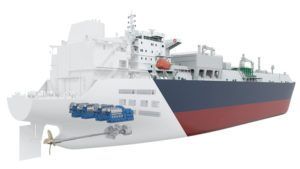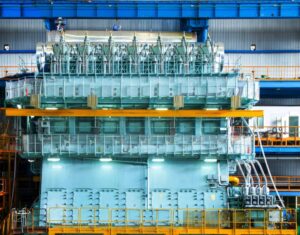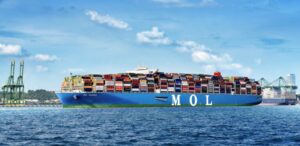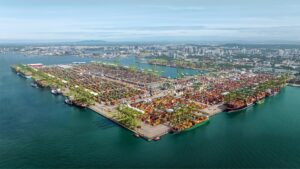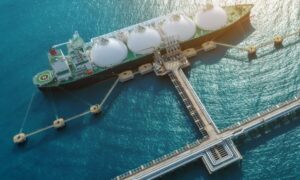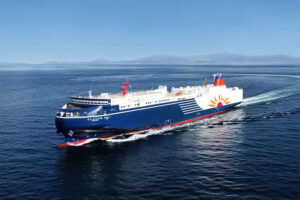Japan: Methane slip reduction project picked for next-gen ship development
Japan’s New Energy and Industrial Technology Development Organization (NEDO) has selected a methane slip reduction project for next-generation ship development under Green Innovation Fund.
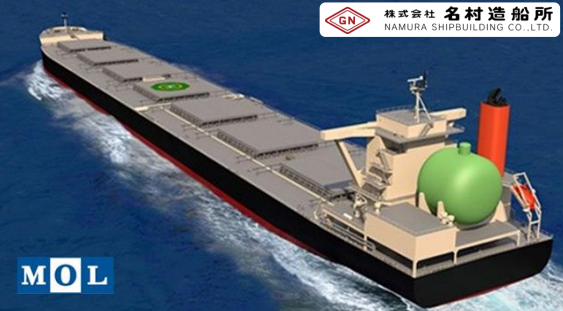

The project, entitled “Development of Methane Slip Reduction Technology from LNG Fueled Vessels by Improving Catalysts and Engines”, has been proposed by industrial and engineering corporation Hitachi Zosen Corporation, shipping company Mitsui O.S.K. Lines (MOL) and technology company Yanmar Power Technology (YPT).
In recent years, environmental awareness, including responses to climate change, has been increasing worldwide. Against this backdrop, the shipping industry is also working on various technological and business developments to realize a low-carbon society. One of these efforts is the introduction in various parts of the world of LNG-fueled ships, which have a low environmental impact.
LNG fuel has the effect of reducing CO2 emissions, but engines using LNG can be prone to the problem of methane slip, where unburned fuel is expelled in the exhaust. Reducing methane slip is a pressing issue in engine design.
As informed, the partners in this project in Japan aim to achieve a methane slip reduction rate of more than 70% for LNG-fueled vessels over a six-year period from FY2021 to FY2026. The reduction will be achieved by combining methane oxidation catalysts and engine improvements thereby further reducing the environmental impact of LNG-fueled vessels.
YPT will also commission Namura Shipbuilding, together with Hitachi Zosen and MOL to establish the technology to install the system developed in this research on actual ships.
The system will be installed onboard a coal carrier built at Namura Shipbuilding in Japan and operated by MOL for demonstration of the methane slip reduction technology.
The partners said they will work to establish the technology as soon as possible with a view to utilizing carbon-recycled methane in future applications, reducing greenhouse gas emissions to zero by 2050 towards realizing a carbon-neutral society.

